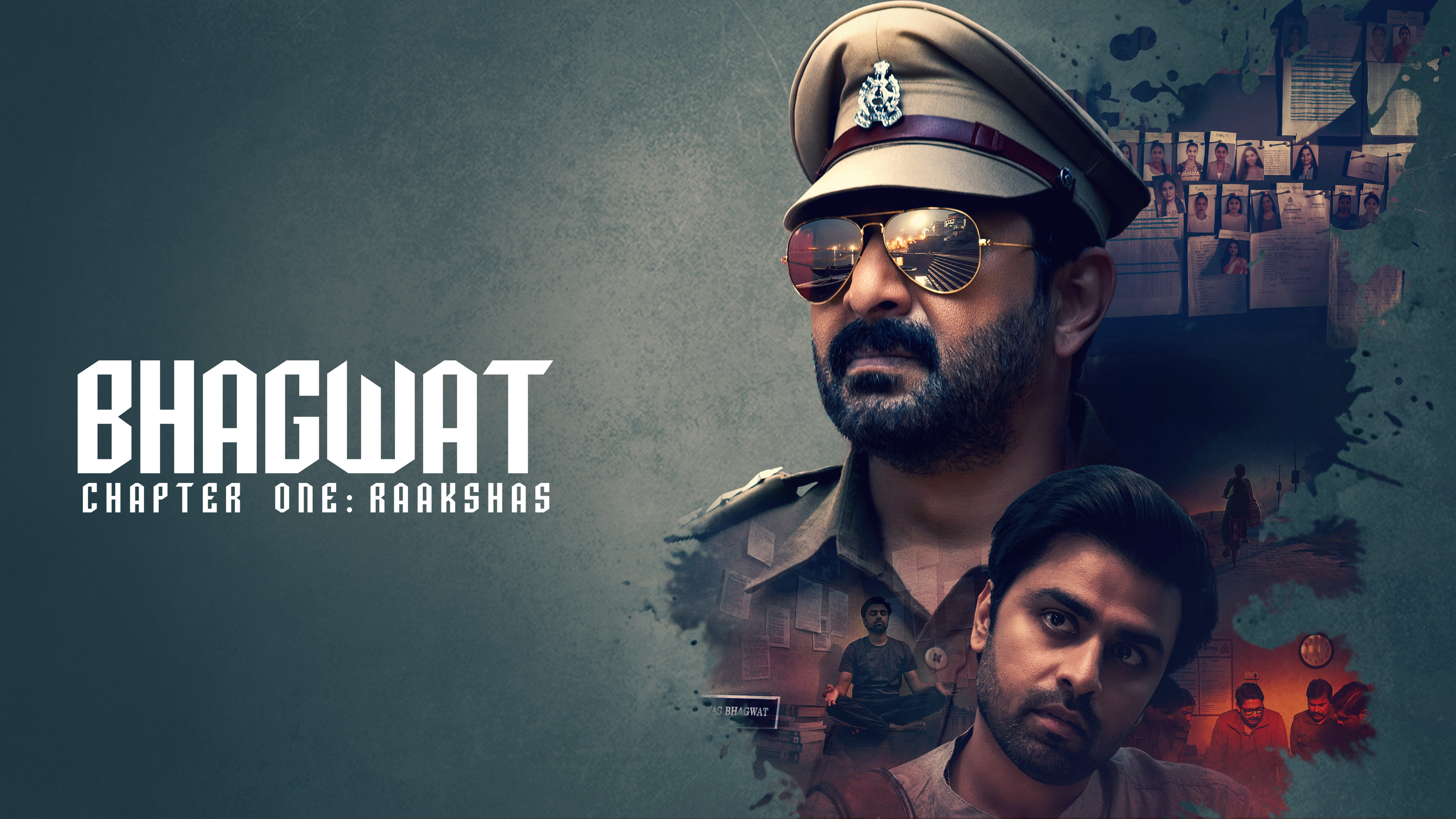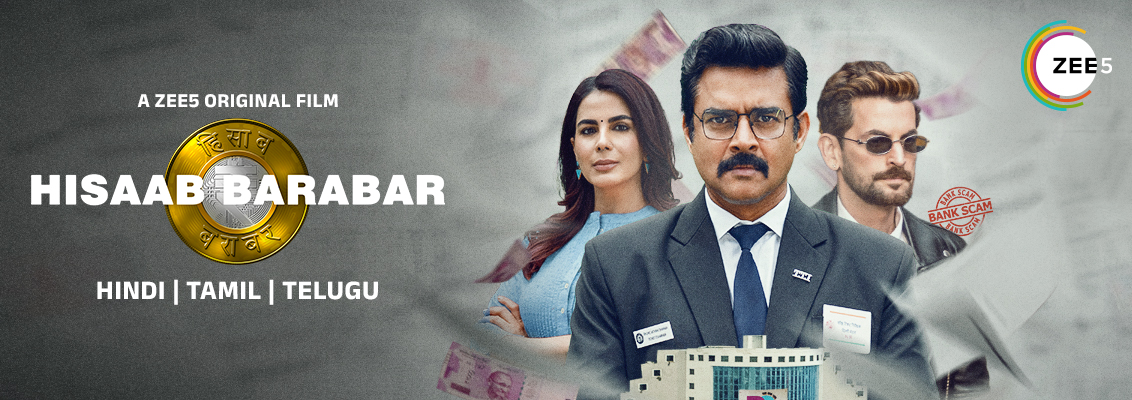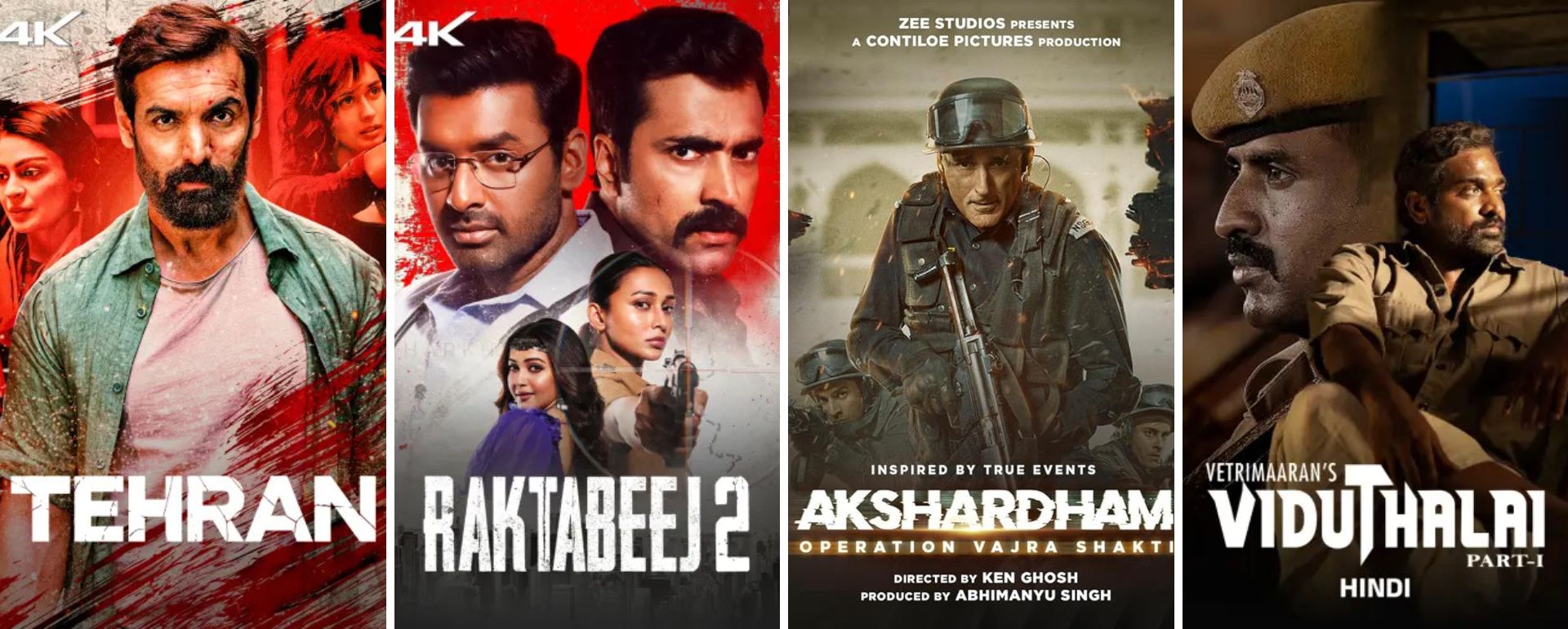The Bhagwat movie isn’t interested in shortcuts. It doesn’t lean on jump scares or moral grandstanding; it builds pressure the harder way—through choices, silences, and the way small-town routines hide big crimes. Set around Robertsganj, this Hindi crime thriller pairs Arshad Warsi with Jitendra Kumar in a cat-and-mouse story where evidence matters more than speeches, and every turn feels earned. Director Akshay Shere keeps the frame honest and the pace lean, letting performance and texture do the heavy lifting.
If you’re planning your watchlist, start with the Bhagwat movie and then roam our discovery shelves: more movies, language lanes like Hindi movies, mood-driven aisles such as thriller movies, action movies, drama movies, and crime movies—plus the rolling carousel of new movies. Curious about the leads? Dip into Arshad Warsi and Jitendra Kumar to see how this pairing shifts their usual screen gears.
What the Bhagwat Movie Is About
A string of disappearances pushes Inspector Vishwas Bhagwat (Arshad Warsi) toward a darker grid of trafficking, coercion, and power games stitched into everyday life. The Bhagwat movie refuses to sensationalise; it treats procedure as drama and the town as a living witness. Jitendra Kumar plays against his familiar affability, letting ambiguity sit on his shoulders without tipping his hand too early. The logline is simple, but the film’s interest lies in how people close ranks—and who pays when they don’t. The arc takes shape like a case file: interviews, gaps, inconvenient truths, and one lead that suddenly recasts the map.
Performances: Warsi’s Gravitas, Kumar’s Controlled Left Turn
Arshad Warsi wears fatigue like a uniform—voice measured, gaze unsettled, temper held by a thread. He doesn’t lecture; he listens, and those beats land heavier than any courtroom flourish. Opposite him, Jitendra Kumar commits to a colder, more reserved register that recalibrates audience expectations of his screen persona. It’s a choice that has already drawn attention precisely because it feels earned, not stunt-cast. Together, their scenes are built on pressure changes—questions as traps, pauses as tells, exits that feel like strategic retreats rather than scene cuts.
Direction and Writing: Restraint Over Rhetoric
Akshay Shere directs with a low centre of gravity: no ornamental camera acrobatics, no overwrought scoring to force emotion. Dialogue (credited to Sumit Saxena) keeps to clean lines; when the thriller film needs emphasis, it uses framing and space rather than quips. The script by Bhavini Bheda in this new movie avoids the false tidiness of a “mastermind explains everything” finale—threads close because someone did the work. The Bhagwat movie is confident enough to let viewers read subtext in a quiet room, which is rarer than it should be.
Craft: Camera, Sound, and the Feel of a Real Place
The cinematography by Amogh Deshpande favours grounded vantage points—hallways, shopfronts, verandas—angles that make you feel like a bystander who might be called in for questioning. The sound design treats night the way night actually sounds in small towns: distant engines, dogs, a late scooter, a door that shuts softer than it should. Music doesn’t smother; it marks moral pressure, then steps back. When the Bhagwat movie wants to tighten the chest, it does so with the thud of a file on a table or a witness lowering their voice.
World-Building: Robertsganj as Character
Robertsganj isn’t just a backdrop; it’s the chessboard. Markets feel lived-in, not dressed. Public offices carry the patina of a thousand signatures. The staging makes a point: systems aren’t abstract—someone sits in that chair, someone turns that key, someone looks away at the wrong time. As the inquiry deepens, the Bhagwat movie shows how power re-arranges itself to survive, and how a single truthful statement can still ripple through a town that prefers whispers.
Why the Bhagwat Movie Works
Because it respects audience intelligence. Because it understands that process is drama. Because it refuses the lazy comfort of either cynicism or sermonizing. The Bhagwat movie builds its rhythm on incremental advances and human contradictions—an officer who loses patience at precisely the wrong moment, a civilian who tells the truth only when it benefits them, a clue that looks trivial until it rewrites motive. It rewards viewers who watch faces, not just set-pieces.
Release Details: When and How to Watch
The Bhagwat movie premiered on October 17, 2025, and is streaming here for a clean, uninterrupted first viewing. Set your audio and subs once; let the crime film run without pausing for side quests. If you prefer context before you press play, the trailers map the tone without springing narrative traps. For a quick skim of credits and roles—director Akshay Shere, leads Arshad Warsi and Jitendra Kumar—the official listings and media notes align on the essentials.
Who Should Watch
If you lean toward grounded Hindi crime thrillers where paperwork, politics, and personal pride collide, the Bhagwat movie belongs on your list. If you enjoy seeing performers step off their well-worn tracks—Warsi toward quiet, Kumar toward shadow—this pairing will hold your attention. If you want craft without grandstanding, procedure without boredom, and a finale that closes like a lock clicking into place, this is your watch.
Final Word
The Bhagwat movie is unabashedly procedural and quietly bruising. It trusts the viewer, honours the case, and saves its loudest notes for the moments that deserve them. No shortcuts, no sugar—just a line of inquiry that tightens until denial runs out of room. That honesty is why the aftertaste lingers.
Bio of Author: Gayatri Tiwari is an experienced digital strategist and entertainment writer, bringing 20+ years of content expertise to one of India’s largest OTT platforms. She blends industry insight with a passion for cinema to deliver engaging, trustworthy perspectives on movies, TV shows and web series.




